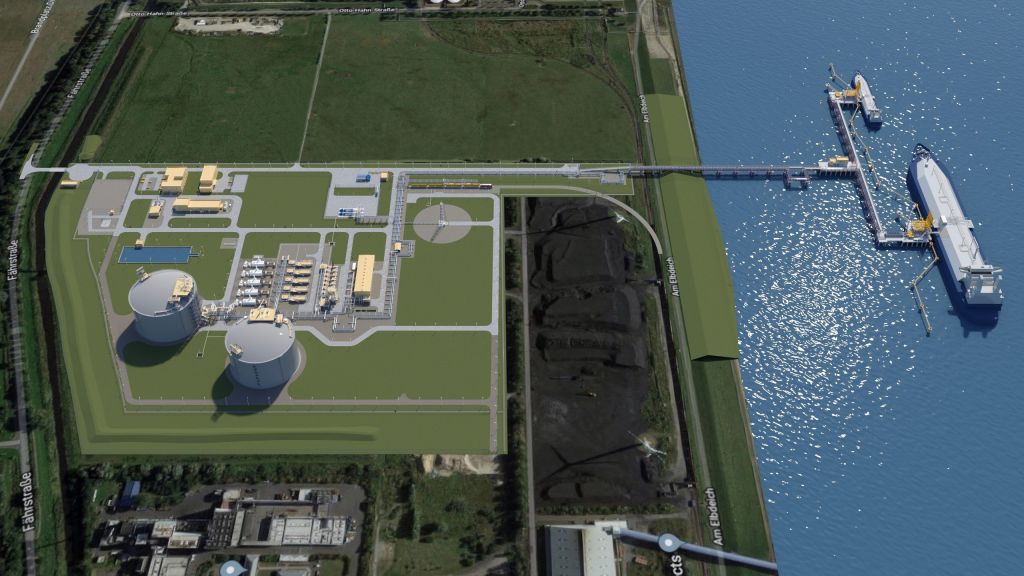Dutch gas grid operator Gasunie and German energy firm RWE have received a 40 million euro ($44 million) German state aid measure for the construction of the planned onshore LNG import terminal in Brunsbüttel.
The European Commission approved the measure on July 27, Gasunie said in a statement.
Gasunie said the measure “will contribute to the security and diversification of Germany’s energy supply and help end dependence on Russian fossil fuels in line with the REPowerEU plan.”
Last year, Gasunie joined forces with the German government and RWE to build the LNG import terminal.
Gasunie has a 40 percent operating stake in the facility, while RWE has 10 percent in the facility and the German government, through KfW holds, 50 percent.
US energy giant ConocoPhillips, UK’s Ineos, RWE have previously agreed to book long-term capacity at the onshore LNG import, while a unit of French construction company Vinci and Spanish engineering firm Sener have won the EPC contract.
Gasunie said that the terminal is expected to regasify and feed some 10 billion cubic meters of natural gas into the German grid annually from the end of 2026.
The total investment volume of the project is 1.3 billion euros ($1.43 billion).
According to Gasunie, German LNG Terminal currently consist of a team of 25 to 30 specialists.
“They are carefully planning and building a terminal for the forward-looking import of energy from conventional LNG at first but ready to import climate-neutral hydrogen as soon as it is put into operation,” it said.
Brunsbüttel already hosts the Elbehafen FSRU-based LNG import terminal.
RWE said in May that commercial operations have started at this facility which features the 170,000-cbm FSRU Hoegh Gannet.
Once in operation, the new land-based LNG terminal will replace the current FSRU-based facility, Gasunie said.

